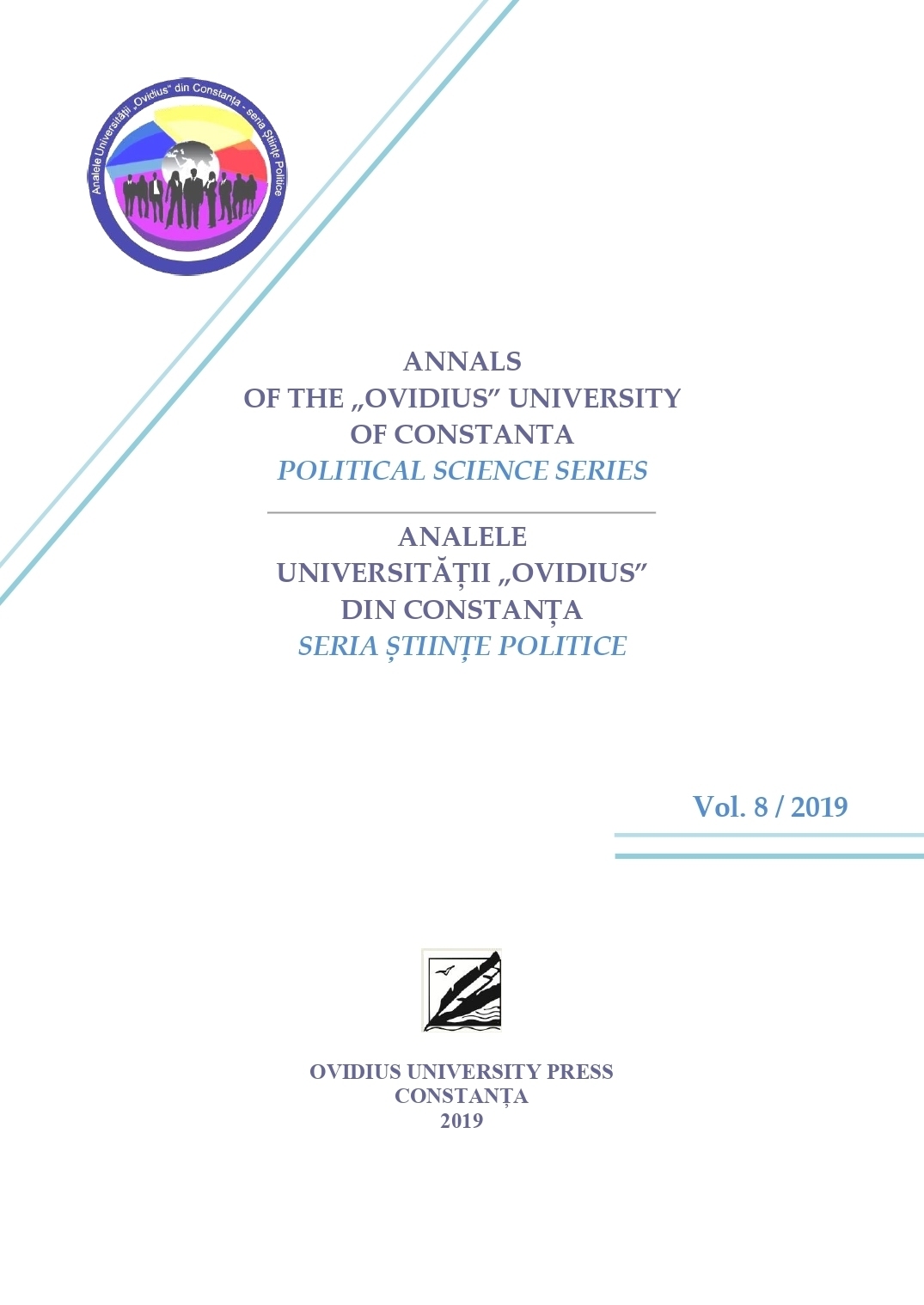EUROPEAN UNION CITIZENSHIP. RETHINKING MOBILE CITIZEN’S IDENTITY
EUROPEAN UNION CITIZENSHIP. RETHINKING MOBILE CITIZEN’S IDENTITY
Author(s): Alexandra FulgeanuSubject(s): Politics / Political Sciences, Governance, Comparative politics, EU-Accession / EU-DEvelopment, Politics and Identity
Published by: Ovidius University Press
Keywords: free movement; human rights; integration; European Union Citizenship; social policies;
Summary/Abstract: The European Union (EU) stands as a unique regional integration model, established with the aim of ensuring a steady development for its Member States, set up in an area devoided of internal borders. The concept of common identity represents an important component of a wider debate regarding the European integration. Moreover, with the accession of the new Member States, the mobility of European citizens led to changes in the EU policies regarding the citizens’ rights. Consequently, the hypothesis proposed in the present historical analysis attempts to ascertain whether the development of the European Union’s citizenship is as an element that endorses the assimilation of European values in any country where the citizens live, work or study. While much of the existing research is focused on the freedom of movement, the present examines a number of other cross-border rights such as: the European Citizens’ Initiative, the right to consular protection by the embassies of other EU Member States and the engagement of EU mobile citizens in the local political life. Having said that, when it comes to the life of the European citizens, did the European Union make any changes that are tangible or does it remain just as a bureaucratic machine, far removed from being able to act in the interest of the people? In this paper, we are examining the context that determined the emergence of the EU citizenship project as well as the contributions made to the European Union legislation in this regard. Moreover, the empirical part of the present historical analysis will take into consideration the Europeans’ perception regarding the EU citizenship and their attachment to the European values.
Journal: Annals of the Ovidius University of Constanta - Political Science Series
- Issue Year: 8/2019
- Issue No: 1
- Page Range: 93-118
- Page Count: 26
- Language: English

